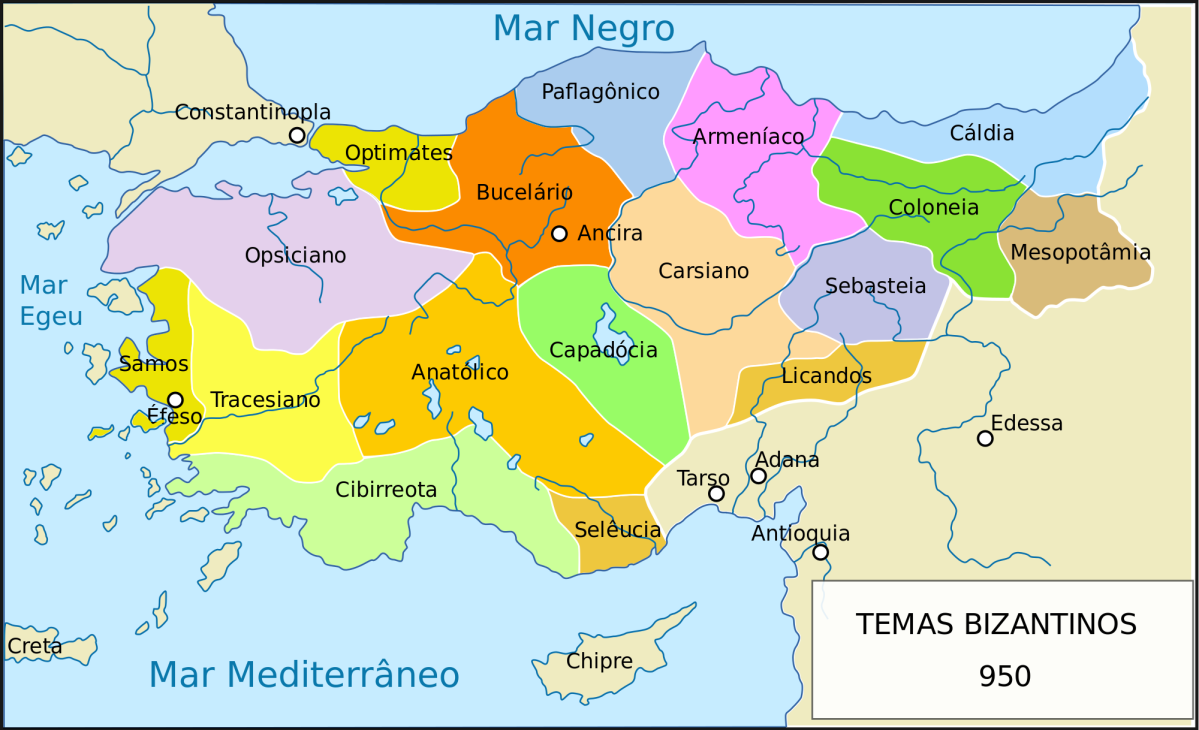Aldarion
 Archmage
Archmage
No, that is incorrect. They were heavy infantry in terms of armor and their basic battlefield role, but look more closely at their equipment: two javelins, and a large curved tower shield. This "curved tower" part is important. Heavy infantry that fights in formation has a shield which protects as much frontage as possible: look at Greek Aspis, late Roman clipeus, Norse rond... all of these shields were intended for combat in the shield wall. They were large and round, which allowed the soldier to protect not only himself, but also the vulnerable (right) side of a soldier next to him. Roman scutum however sucks for the shield wall combat. It is simply too large, too heavy, and not protective enough. What it excels at is giving individual soldier as much protection as possible, especially so in the context of missile combat, but also in individual close-quarters fighting. In other words, Roman legionary was expected to fight either in a loose formation or as an individual, not shoulder to shoulder with his comrades. Further, usage of heavy javelins by legionaries themselves would have been impossible had they fought in close-rank order: and without heavy javelins, you simply don't have the legions of late Republic or early Empire.I am aware of the context in which spatha was adapted. But as to the rest of what you've written I'm afraid that you are simply wrong on Principate legionaries. They were not heavy skirmishers but heavy infantry and nothing else. Furthermore they didn't charge in and fight mass of duels but kept a formation of closed ranks in which their use of their shield and the sword came to decimate the opposition.
Look also at how Republican legions fought against the Macedonian phalanx: first they launched a barrage of javelins, then drew swords and went in close. And usually they lost in a head-on clash. Times when they won? When the phalanx was somehow disrupted, which legionaries would exploit by penetrating ranks of the phalanx in what were essentially piecemeal actions by small groups or even individual soldiers.
You know when scutum disappears? During the late Empire, which is precisely when legions abandon javelins as a primary weapon in exchange for the spear. And again we see the pattern I noted above: shield wall formation = large round shields. Also, do you know when shields similar to Roman scutum reappear? In Middle Ages, specifically as protection for crossbowmen. And granted, heavy infantry could fight from behind the pavise wall, but pavise itself was a response to requirements of ranged combat.
Likewise for a sword. Roman gladius was an adoption of Spanish sword. And you know what is also interesting? Ancient chronicles compared Iberian infantry to Greek peltasts - who were light skirmish infantry. Roman authors specifically noted similarity in equipment and tactics between the Iberian infantry and their own legionaries. In fact, Iberian speirai are a direct equivalent of Roman maniples.
So either Roman authors were lying about Iberian combat tactics, they were lying about their own combat tactics, or you are wrong about Roman legionaries being your typical heavy melee infantry.
Now, it is true that above mostly concerns legions of the Roman Republic rather than those of the Principate. However, equipment of the Principate legionaries is very similar to that of Republican equivalents - whereas late Roman legionaries have equipment completely different from their Principate predecessors. This would also suggest that Principate legions were tactically much closer to tactics of the post-Marian Republican legions than to those of the Late Empire.

 Auror
Auror
 Myth Weaver
Myth Weaver Minstrel
Minstrel
